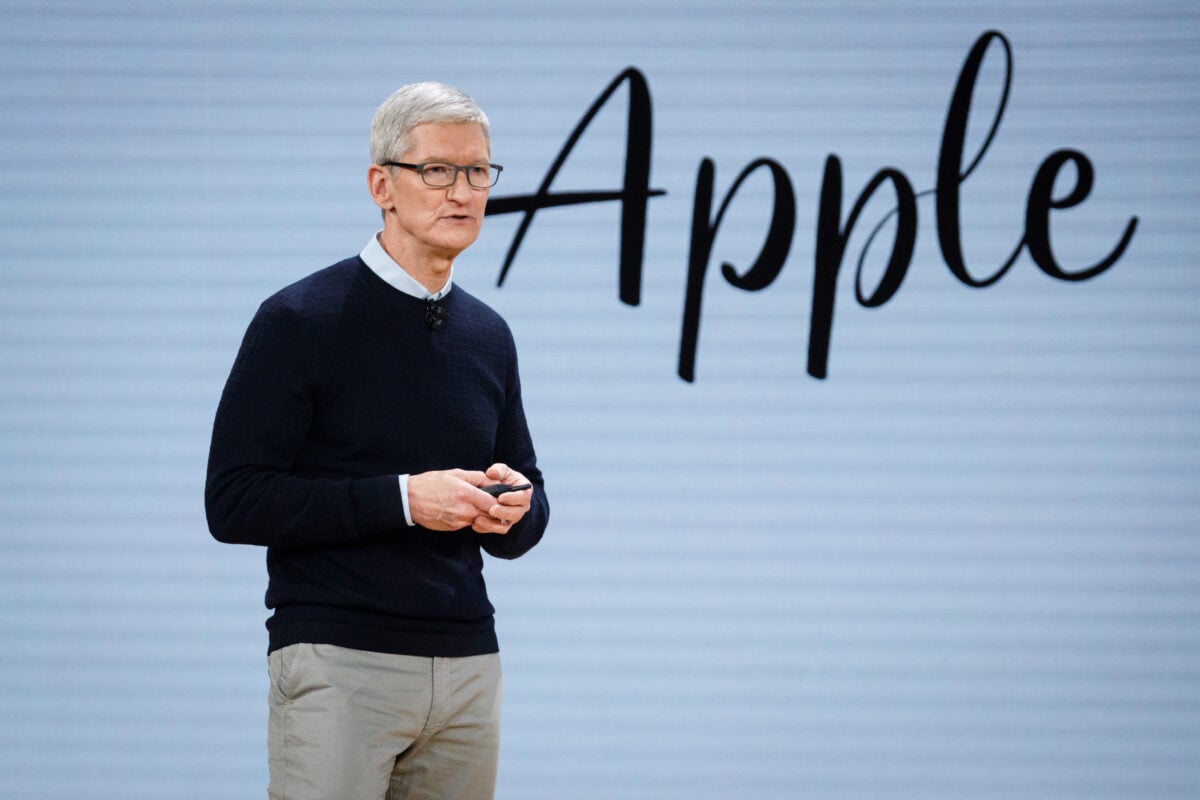TLDRs:
Contents
- Australian Federal Court finds Apple and Google breached competition laws over app store practices.
- Epic Games lawsuit sparks potential hundreds of millions in compensation for developers and gamers.
- Ruling adds momentum to global challenges against app store duopoly control.
- Financial penalties small compared to massive mobile app distribution market.
The Australian Federal Court has ruled that Apple and Google engaged in anti-competitive conduct by limiting how mobile applications are distributed and paid for.
The case was brought forward by Epic Games, the U.S.-based developer behind the blockbuster game Fortnite. Epic’s legal challenge began in 2020 after its game was removed from both the App Store and Google Play Store for introducing its own in-app payment system, bypassing the tech giants’ commissions.
Justice Jonathan Beach concluded that Apple held “substantial” market power over iOS app distribution and in-app purchases, while Google maintained dominance as the primary provider of Android applications. These actions, the court determined, reduced competition and harmed both app developers and consumers.
Class Action Win Could Mean Major Payouts
The verdict also backed a class action on behalf of Australian app developers and gamers, potentially leading to damages worth several hundred million dollars.
While this figure is substantial, legal experts note that it remains a small portion of the global mobile app market’s value.
However, the court dismissed Epic Games’ separate claim that Apple’s conduct amounted to unconscionable behavior ,a more severe legal standard that could have had further implications for the company’s practices.
Part of a Growing Global Pushback
The Australian decision adds to a series of international rulings aimed at breaking the dominance of Apple and Google’s app store models.
Since 2017, the European Commission has imposed a total of $9.5 billion in antitrust fines against Google, including a record €4.34 billion penalty in 2018 for similar pre-installation requirements on Android devices.
Epic Games has pursued multiple lawsuits worldwide, securing a win against Google in the United States in 2023, while facing mixed results against Apple in American courts. Regulatory bodies globally are showing greater willingness to take on the app store “duopoly,” which has generated massive profits for both companies.
In Europe, pressure from regulators has already forced Apple to allow third-party payment systems in its app store, a precedent that could influence other markets.
Small Financial Hit, Big Market at Stake
While the potential damages in the Australian case may seem large, they represent only a fraction of the global mobile app distribution market, which was valued at $407 billion in 2024 and is projected to hit $1.09 trillion by 2033.
Industry analysts warn that unless regulatory action addresses the underlying market structure, financial penalties alone are unlikely to significantly change the competitive landscape.
For now, the ruling stands as a symbolic and strategic victory for Epic Games and other challengers seeking to loosen the tight grip Apple and Google hold over the app economy.


